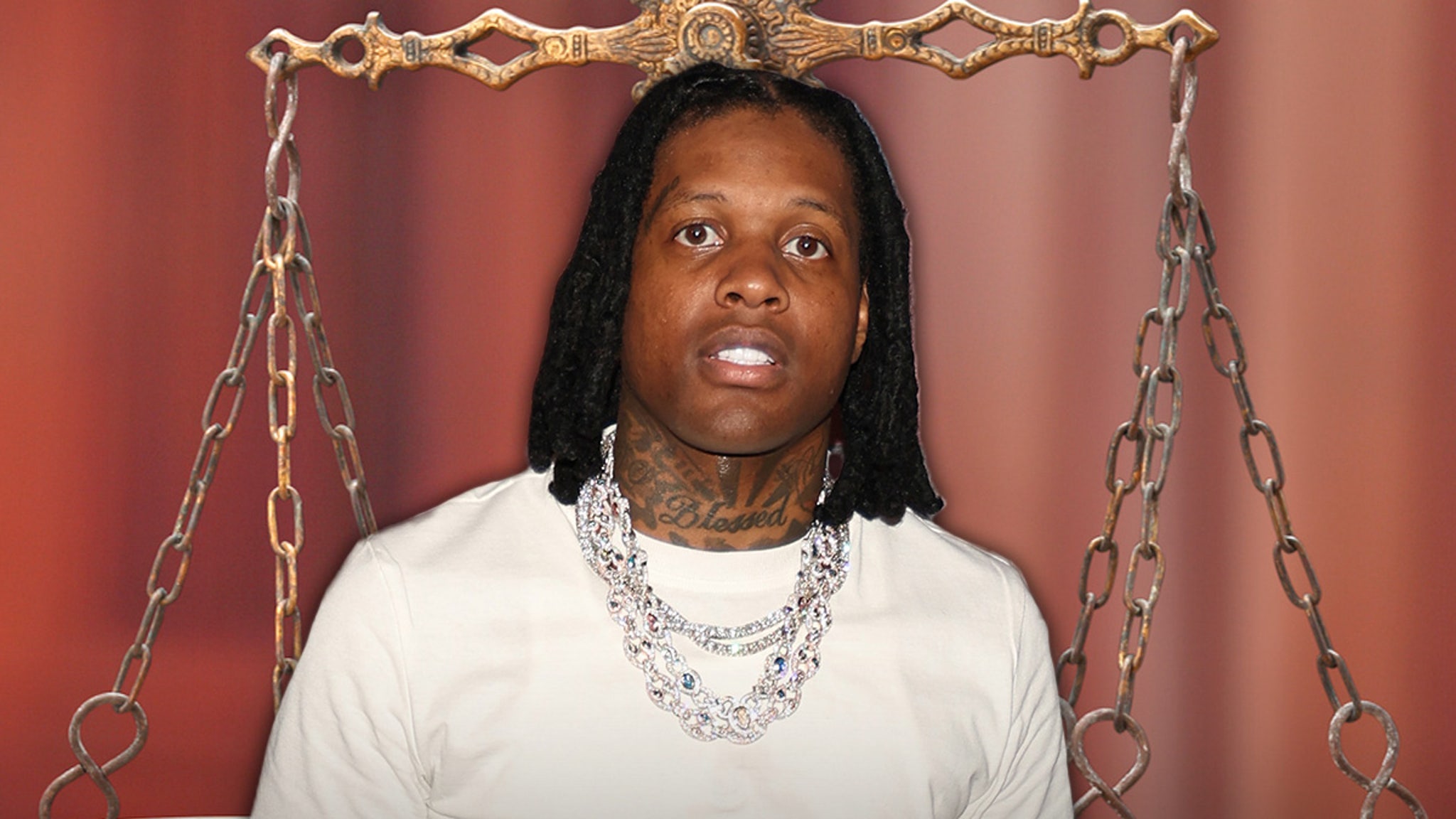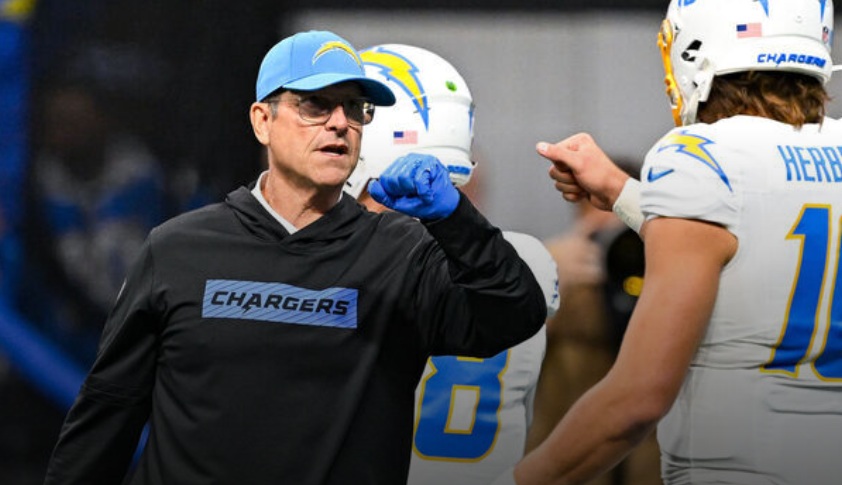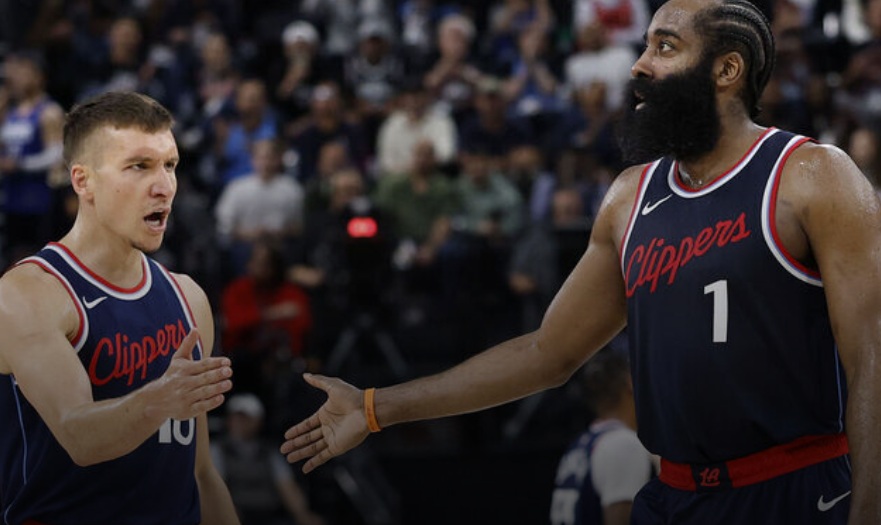Modern sports originated in England during the late 17th century. During the Restoration period, Puritans drove traditional pastimes underground and replaced them with organized games. The Marylebone Cricket Club in 1787 spearheaded the development of organized games and the concept of sports records. It is said to have sparked the modern era of competitive sports. While the Marylebone Cricket Club was not the first organization to promote organized sports, it did set the foundation for games like football, baseball, and cricket. Check out sporting reviews online for the latest news.
Sport embodies qualities of national character
The study of sport nationalism aims to understand how material and cultural factors influence the development of sport nationalism. High education is associated with lower sport nationalism than low education, and it is important to note that there is no direct relationship between educational attainment and national sports nationalism. Furthermore, the study also found that education has a stronger negative effect on sport nationalism in culturally globalized countries. However, income did not support the basic negative effect on sport nationalism, and actually seemed to facilitate it.
It is a competitive form
The term eSports refers to a type of computer-mediated sport. In this type of sport, the players participate in online competitions by playing in-machine games, either individually or in teams. These games are designed to be competitive, but players can also participate for fun. Fortnite, Overwatch, and League of Legends are popular eSports titles. Athletes are often rewarded for a particular skill or teamwork.
It emphasizes quantified achievement
The philosophy of sport is a growing field. Many of the major questions raised by the study of sports concern the nature of performance and its relation to quantified achievement. The three major internalist approaches are contractualism, integrity of the game, and mutualism. They each focus on a different aspect of performance, but all share a common premise: the value of the sport as an experience, which can be compared to other activities.
It is a form of physical education
A core component of athletic development is formal physical education. However, there are common misconceptions surrounding the nature of physical education and the role it plays in athletic development. Below are the basics of this important aspect of education. Hopefully, these will help you to understand the purpose of physical education and sports in the context of athletic development. Listed below are five main differences between physical education and sports. If you’re curious about how they differ, read on to find out more.
It is a form of socialization
The process by which an individual develops traits, skills, knowledge, attitudes, and values is called socialization. In its most broad sense, socialization occurs throughout a person’s life. It may differ based on gender, social class, and ethnic background. Sports are also forms of socialization, as they are often the sites of story construction and production. As such, researchers have explored the ways in which sports may affect a person’s socialization, both between peers and with adults. While it is not clear whether sports are a form of socialization, they do appear to play an important role.
It is a form of mass media
While a variety of forms of mass media exist today, sports are a specific form of mass media. For example, television and radio networks compete for market share with sports. For example, the Fox network purchases contracts to show American football games for millions of dollars, then makes money during the games by airing advertisements. Another example of how sports become mass media is through the popularity of celebrity sports stars. Sports stars can earn six or seven figures.
It has a long history
Modern sport psychology has its roots in the 20th century, with the Soviet Union suppressing reformist efforts in Hungary and Czechoslovakia. These countries hosted the Olympic games in water polo and ice hockey, and the Soviet Union’s loss was viewed as vindication of their national identity. Similarly, sport psychology in other fields began to evolve in the same manner. In the mid-20th century, researchers started incorporating scientific theories into their research.
You can view the original article HERE.

































